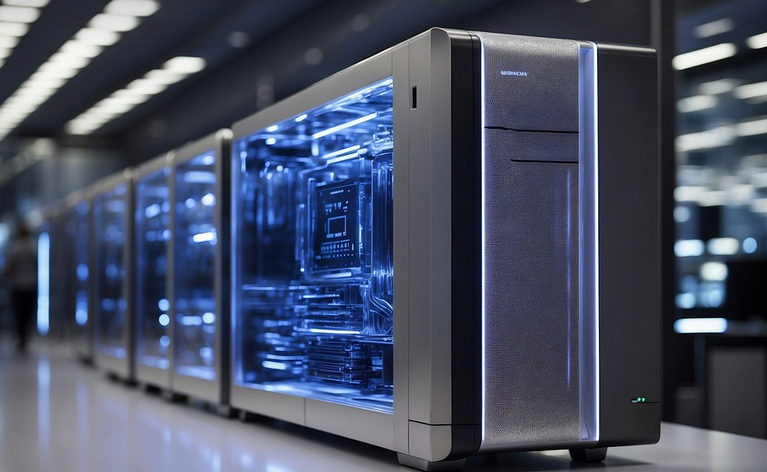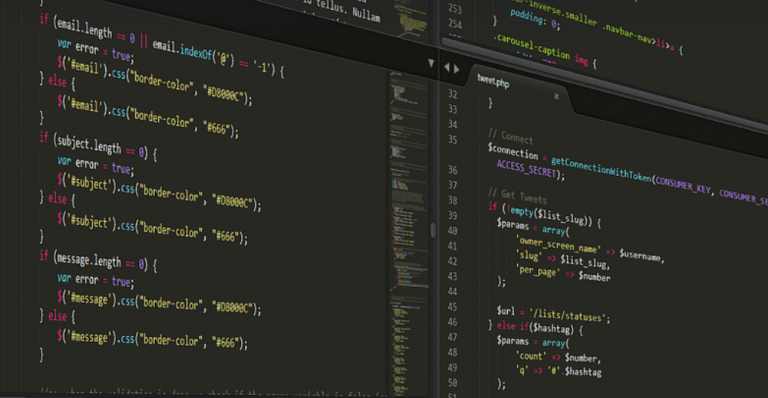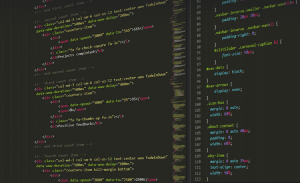Dive into the World of Electricity with Auburn’s Electrical Engineering Program
Auburn University is home to a highly-regarded electrical engineering program, offering students a comprehensive and challenging education that prepares them for successful careers in a diverse range of industries. Whether you’re interested in designing cutting-edge power systems, developing innovative medical devices or exploring the frontiers of nanotechnology, Auburn’s curriculum has something to offer every aspiring engineer.
From fundamental concepts like circuit analysis and electromagnetism to advanced topics like digital signal processing and wireless communication, the program covers a wide spectrum of electrical engineering principles. Students delve into theoretical frameworks, learn practical skills through hands-on laboratory work, and apply their knowledge to real-world problems through exciting research projects.
The curriculum is a dynamic force that continuously evolves in sync with the rapid advancements in technology, ensuring graduates are equipped with the latest skills and knowledge demanded by employers. Auburn University’s commitment to innovation is evident in the program’s emphasis on problem-solving and critical thinking, fostering well-rounded engineers ready for challenges.
At the heart of Auburn’s Electrical Engineering curriculum lies a strong foundation in core engineering principles.
The journey begins with foundational courses, covering essential topics such as:
- Engineering Fundamentals: A cornerstone course introducing core engineering concepts like fluid mechanics, thermodynamics, and materials science.
- Circuit Analysis and Design: Delves into the principles of electrical circuits, covering topics like Ohm’s law, Kirchhoff’s laws, and circuit analysis techniques.
- Electromagnetic Theory: Explores the behavior of electric and magnetic fields, including Maxwell’s equations and their applications in various engineering disciplines.
The curriculum then branches out into specialized areas of electrical engineering, allowing students to pursue their passions.
Here are some examples:
Power Systems: Students will be equipped with the knowledge to design and analyze power grids, including topics such as load flow analysis, voltage stability, and protection devices.
Microelectronics: Dive into the world of tiny circuits that power our modern devices!
Communications Systems: Understand the fundamentals of how information travels through networks and explore topics like wireless communications, fiber optics, and signal processing.
Control Engineering: Explore the world of controlling systems and learn to design automatic control system for various applications.
Auburn’s Electrical Engineering curriculum is enriched by faculty members who are highly respected in their fields. These instructors not only impart a wealth of knowledge but also cultivate an environment of collaboration and critical thinking, fostering a vibrant learning experience.
But the journey doesn’t end at the classroom. Hands-on experience is integral to this program, with students having valuable opportunities through:
- The Electrical & Computer Engineering Research Lab (ECERL) at Auburn: A hub for cutting-edge research, ECERL offers students access to state-of-the-art facilities and mentorships with leading faculty members.
- The Alabama Robotics Center (ARC): A collaborative space dedicated to the advancement of robotics in various fields.
Beyond research, Auburn’s Electrical Engineering program offers students practical experience through hands-on labs and projects. Students build their skills through:
- Electromagnetic Fields Lab: Students learn to measure and analyze electromagnetic fields using various instruments and simulation software.
- Microelectronics Lab: Students explore the world of microchips by building circuits, learning about fabrication techniques, and understanding how they work.
But Auburn is more than just a classroom or lab – it’s a community of students who share their passion for engineering.
Extracurricular opportunities abound at Auburn, allowing students to explore their interests beyond the classroom:
- Student Organizations: A range of student organizations cater specifically to electrical engineering interests.
Students are also encouraged to participate in competitions and events that showcase their technical skills and innovative thinking.
Beyond the classroom, Auburn provides a vibrant campus life, offering students a wide range of opportunities for personal development and networking. The university’s proximity to major cities like Atlanta and Huntsville makes it an ideal location for those seeking career opportunities after graduation.















